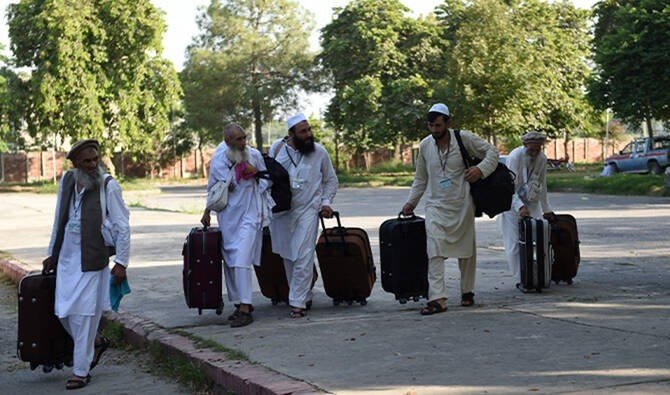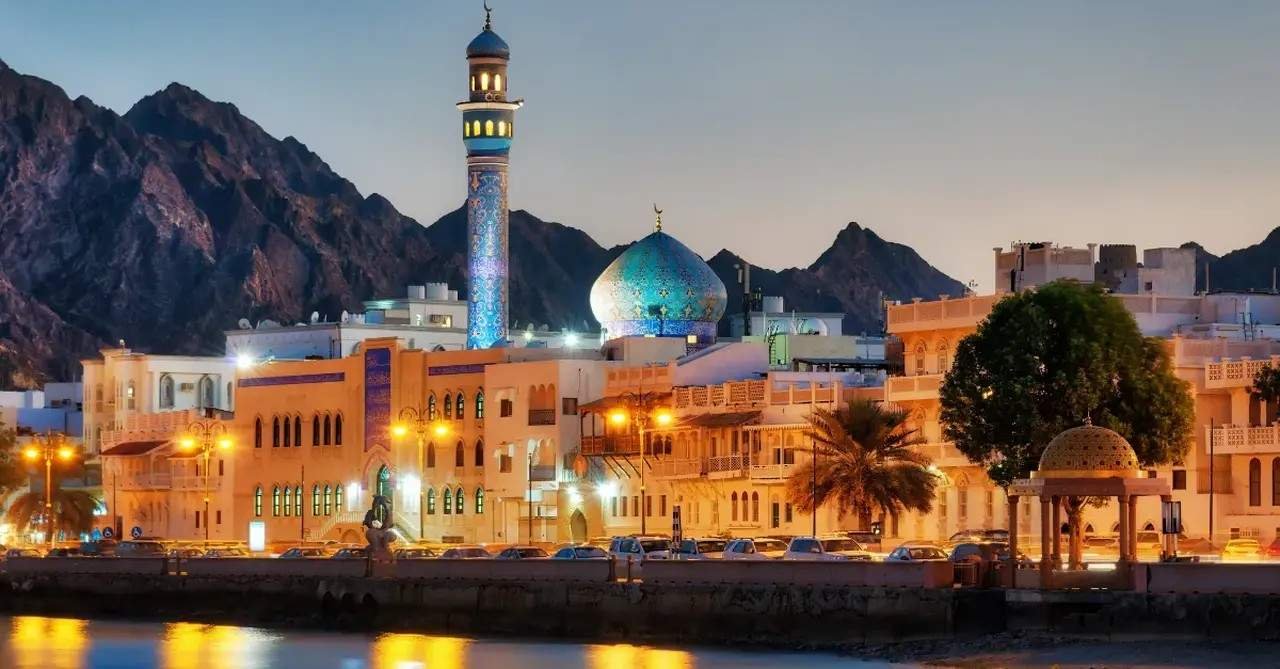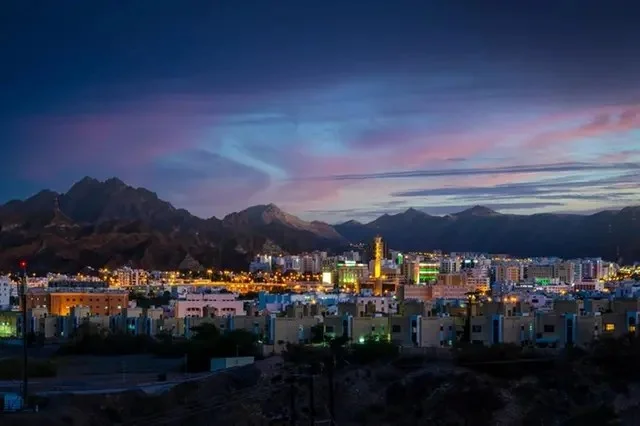Saudi Arabia has revolutionized the spiritual experience of Hajj pilgrims with the launch of several mobile applications and digital platforms, enhancing convenience and safety during the pilgrimage. According to Pakistan’s Hajj mission chief, these innovations have significantly streamlined services, providing real-time guidance and eliminating long queues.
In recent years, Saudi Arabia has introduced mobile apps like Nusuk, Hajj Navigator, Tawakkalna, and Asefny to optimize the Hajj process. The Nusuk app offers permit issuance, booking services, interactive maps, real-time updates, and access to health facilities in multiple languages. Tawakkalna provides key information and services, while Hajj Navigator offers real-time maps, crowd updates, and traffic alerts. Asefny enables pilgrims to request emergency medical services quickly.
“These innovations have made the pilgrimage significantly easier, providing services at the click of a button,” said Abdul Wahab Soomro, Director-General of Pakistan’s Hajj Mission, speaking from Makkah. “These applications have assisted foreign missions with early bookings, making Hajj planning more efficient.”
Saudi Arabia has also launched an e-Hajj portal where contracts for buildings, camps, and service providers are uploaded, simplifying payments and other formalities through a unified platform.
This year, approximately 89,000 Pakistani pilgrims are performing Hajj under the government scheme. Soomro noted that all government pilgrims have been accommodated near the Prophet’s Mosque in Madinah and in top hotels in Makkah. For the first time, the Mina arrangements for government pilgrims include fully air-conditioned camps, equipped with sofa-cum-beds and storage shields.
Pakistan’s Hajj medical mission has set up hospitals in Makkah and Madinah, as well as multiple dispensaries across both cities to provide healthcare services.
Despite disruptions last week due to the closure of Pakistani airspace amid tensions with India, more than 25,000 Pakistani pilgrims have already arrived in Saudi Arabia. Flight operations are set to continue until May 31.
This year’s pilgrimage is expected to take place between June 4 and June 9. In addition to the 89,000 government pilgrims, 23,620 Pakistanis will perform Hajj through private tour operators.















